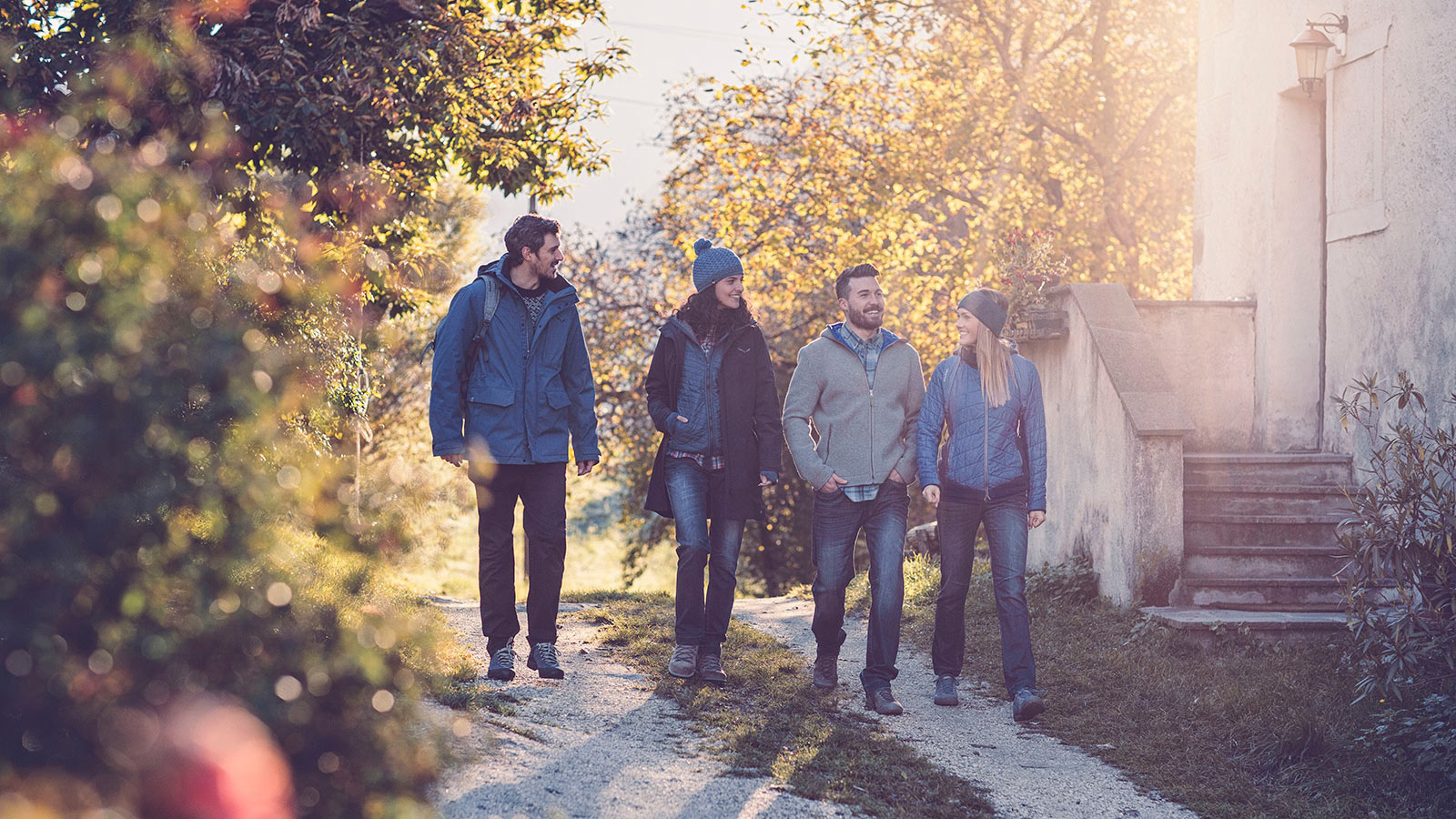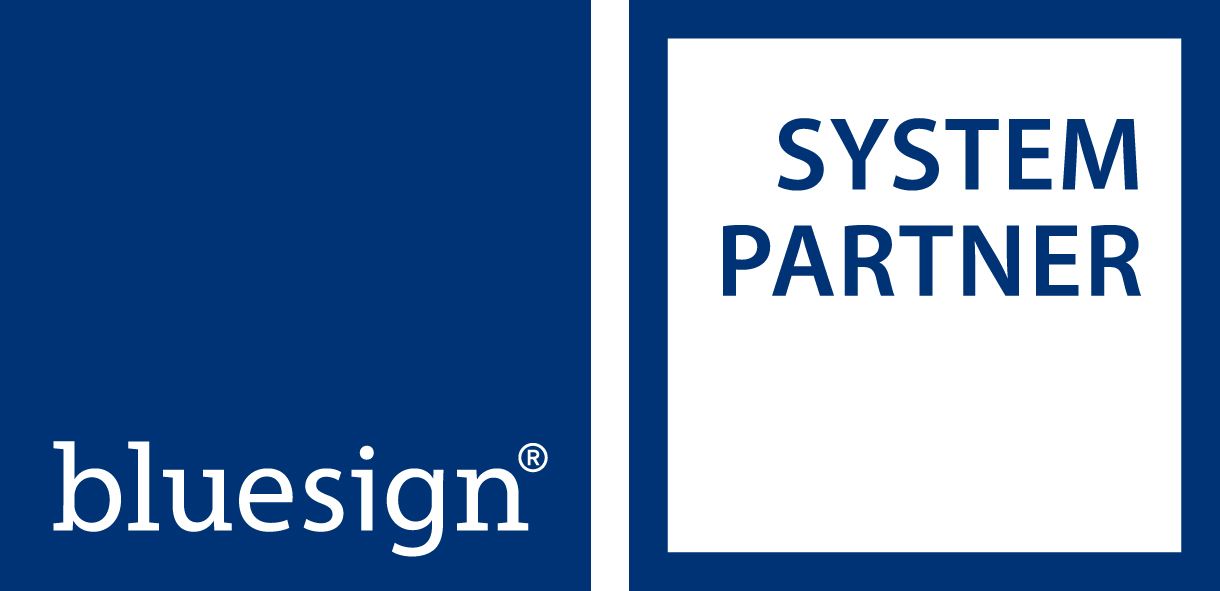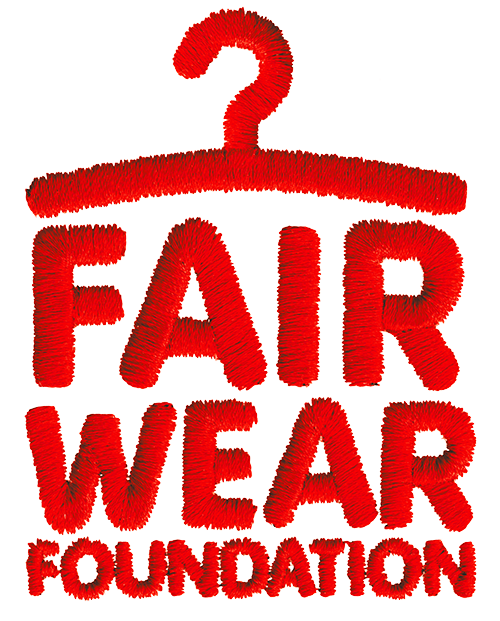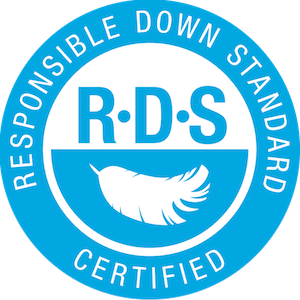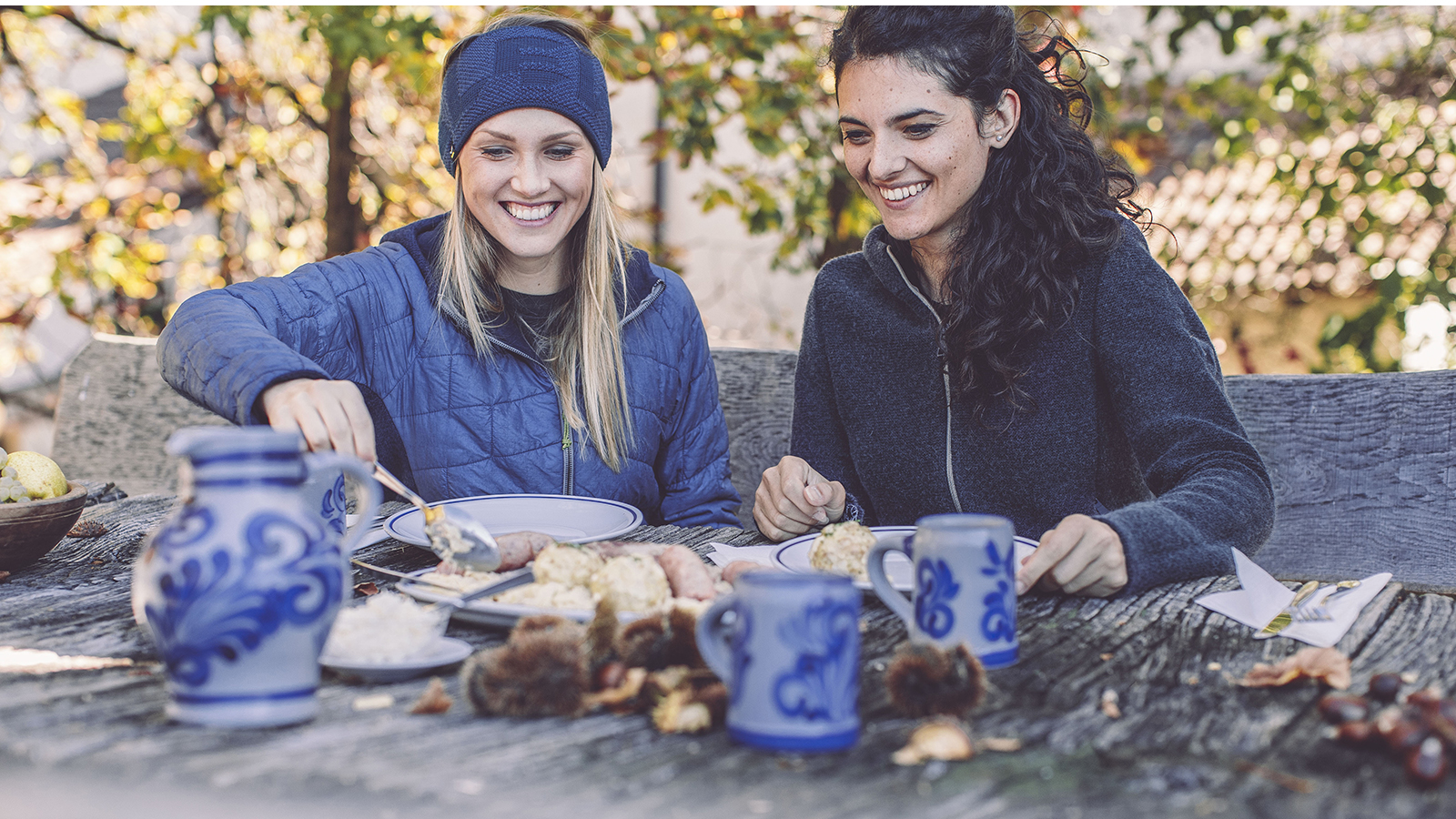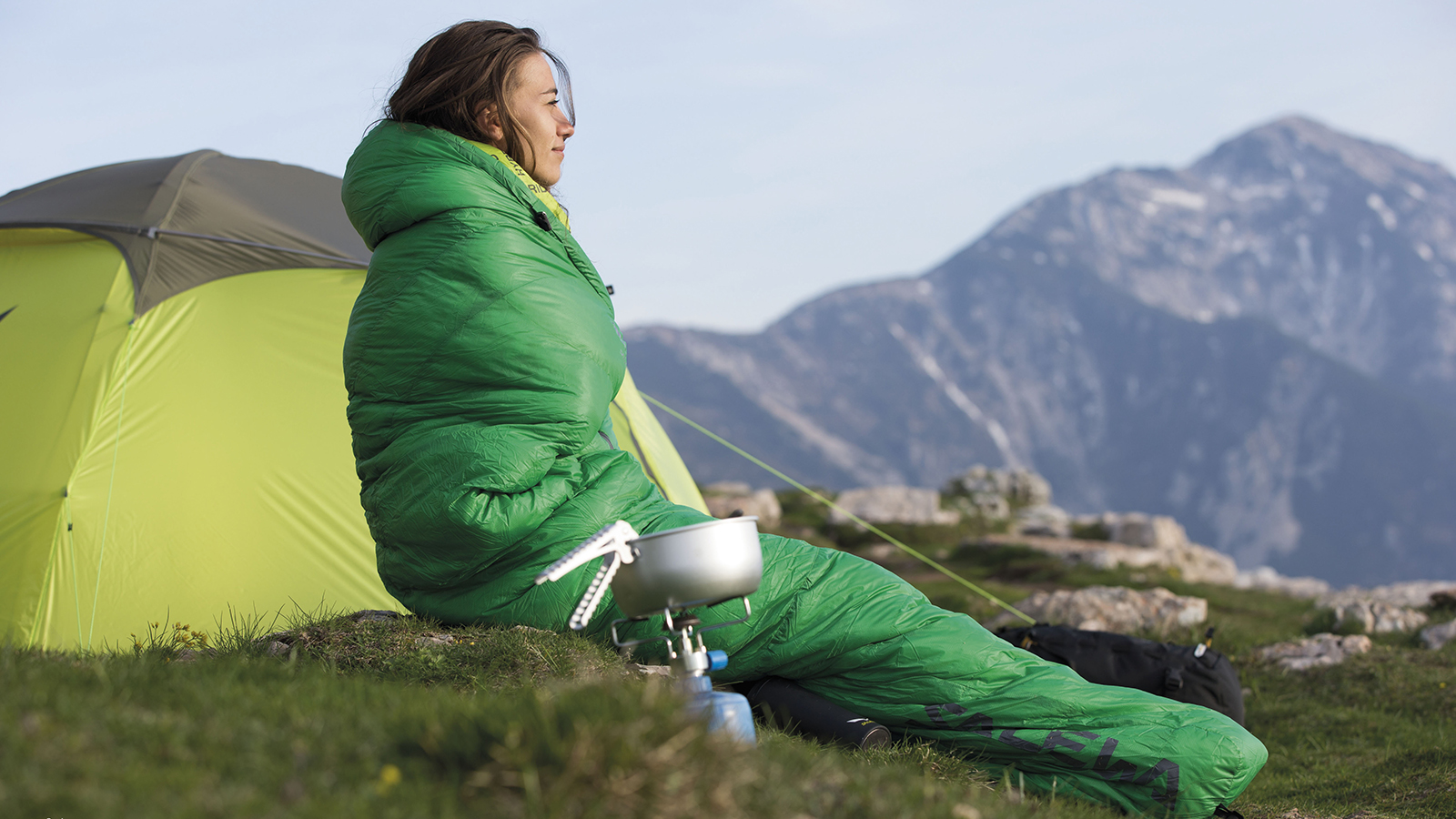- "With a designated pilot project which is supporting local supply chains Salewa is keeping the tradition of Italian manufacturing alive" -
Salewa
- Achievments:
-
bluesign® System Partner
- bluesign® System Partner
- The bluesign® system - Managing Inputs. Responsible Actions. The bluesign® system reduces the environmental impact concerning the entire textile supply chain. With its holistic approach the Input Stream Management provides an efficient solution for chemical suppliers, textile and accessories manufacturer as well as fashion brands. Stating the principles and monitoring the implementation of the bluesign® system, bluesign technologies ag encourages the textile industry to increase their efforts in sustainable processes.
-
- > View all 'bluesign® System Partner' evaluations
× -
Fair Wear Foundation
- Fair Wear Foundation
-
There is no single solution for workplace injustice. There are many and at FWF we find that solutions work best when combined.
Most important Ethical Label in textile
Poor labour conditions can only be solved through multi-faceted solutions. The FWF approach brings together the key components needed for sustainable change. It means companies work step-by-step to improve conditions in their supply chains. It also means cooperation among a slew of stakeholders, and accountability among all of us. When fully executed, the FWF approach means results. FWF restricts its focus to those phases of production where sewing is the main manufacturing process. These are among the most labour-intensive phases of the production process. It is also the stage of production where many labour problems are found, and where effective remedies can positively impact the lives of millions of workers. FWF’s focus means that its staff has advanced and specialised knowledge of industry practice and trends. Focus also enables FWF to concentrate on building strong working relationships with those local and international stakeholders who, themselves, specialise in garments and textiles – a keystone for sustainable change in the industry. -
- > View all 'Fair Wear Foundation' evaluations
×
Salewa, the all-round Mountain Outfitter, is a family owned business and part of the Oberalp Group, headquartered in Bolzano in the heart of the Dolomites. Thanks to their really engaged and heart driven staff, CSR subjects are implemented into all operational and strategic activities.
„As a businessman, father, and grandfather, I feel it is my ultimate responsibility to protect core values and impart them to future generations” Heiner Oberrauch, Owner
- Customer Service:
- Help & Repair
- Website
- Online Shop



Good
10 / 15
- Certified by:
-
- Responsible Down Standard
- The Responsible Down Standard is an independent, voluntary global standard, which means that companies can choose to certify their products to the RDS, even if there is no legislation requiring them to do so. The RDS was developed over three years in close corporation with animal welfare organizations, industry experts, down suppliers, brands and retailers. The standard recognizes the best practices in animal welfare, and excludes those that violate the animal’s well being; live-plucking and force-feeding are strictly prohibited. The RDS is the most widely used animal welfare standard for down and feathers in the outdoor industry and continues to grow in home and bedding products.
-
- > View all 'Responsible Down Standard' evaluations
× -
- bluesign® System Partner
- The bluesign® system - Managing Inputs. Responsible Actions. The bluesign® system reduces the environmental impact concerning the entire textile supply chain. With its holistic approach the Input Stream Management provides an efficient solution for chemical suppliers, textile and accessories manufacturer as well as fashion brands. Stating the principles and monitoring the implementation of the bluesign® system, bluesign technologies ag encourages the textile industry to increase their efforts in sustainable processes.
-
- > View all 'bluesign® System Partner' evaluations
× -
- Fair Wear Foundation
-
There is no single solution for workplace injustice. There are many and at FWF we find that solutions work best when combined.
Most important Ethical Label in textile
Poor labour conditions can only be solved through multi-faceted solutions. The FWF approach brings together the key components needed for sustainable change. It means companies work step-by-step to improve conditions in their supply chains. It also means cooperation among a slew of stakeholders, and accountability among all of us. When fully executed, the FWF approach means results. FWF restricts its focus to those phases of production where sewing is the main manufacturing process. These are among the most labour-intensive phases of the production process. It is also the stage of production where many labour problems are found, and where effective remedies can positively impact the lives of millions of workers. FWF’s focus means that its staff has advanced and specialised knowledge of industry practice and trends. Focus also enables FWF to concentrate on building strong working relationships with those local and international stakeholders who, themselves, specialise in garments and textiles – a keystone for sustainable change in the industry. -
- > View all 'Fair Wear Foundation' evaluations
×
GRV Transparency ToolGRV Transparency Tool SALEWA
2017

 Management
Management Commitment
Commitment Products
ProductsBrand Management
- Salewa is a bluesign® system partner and Fair Wear Foundation Member
- Awarded with the first Italian Casa Clima Work&Life certification for HQ in Bolzano. The building is climate neutral with solar electricity production on-site.
- Work-life balance (audit familieundberuf) and in-house child care, support of environmental and social projects such as SOS Kinderdörfer, Salewa Garden for Refugees, Sherpa Women, Earthquake Relief Efforts, Salewa Upcycling with Akrat and Design University of Bolzano
- Support for local supply chains (wool)
Brand Commitment
- Regular GRI Reporting
- Salewa's “Environmentally friendlier products” are focussed on chemical safety, animal welfare and natural and recycled fibres. See % below. On social aspects, Salewa is working with Fair Wear Foundation.
- Salewa is involved in multi stakeholder initiatives like EOG, HIGG INDEX SME project, FWF, BSI (CSR working group) and animal welfare working groups.
Products
- Pilot projects like the local wool project, or closing the loop with a fully recycled sleeping bag are in place to inspire movement towards eco design.
- Very diverse product portfolio, motivation to move towards sustainable product lines is driven by product managers.
- Targets to reduce PFC’s
- Social standards are certified by Fair Wear Foundation, chemical Management is monitored and reduced in impact by the bluesign® system partner membership.
- Brand Management
- Brand Commitment
- Products
Brand Management for us at GRV means to look at all the issues, which are directly controlled and integrated by the Brand’s Management towards business and supply chain strategy as a whole.
Brand Commitment for us at GRV means to look at the pro-active efforts towards sustainable development on all levels like the % of “sustainable product” lines within the whole portfolio, their investment in life cycle assessments and public reporting, as key indicators of the Brands engagement towards a responsible business.
On this level GRV is looking at product related information, like material content, supply chain and certification. Guarantee and end of use advice is also an important aspect. At the moment, GRV is looking at selected highlight product from different product lines, which show the special sustainable efforts of the brand.




/ 5
Integration of sustainability
Salewa has a designated group of four people, which are committed to implement CSR into brands activities as well as being the link into the other brands of Oberalp Group.
Certificates
Salewa is a bluesign® system partner since 2011, which means access to comprehensive chemical management within the supply chain and the obligation to use an increasing quantity of bluesign® fabrics.
less
Their Quality Management is done with the ISO 90001 Series.
Salewa is a member of the Fair Wear Foundation since 2013.
“In 2015, SALEWA & DYNAFIT meets most of FWF’s management system requirements. With a benchmarking score of 71, it is well within the Good category.”Emission Management
Salewa is calculating its Corporate Carbon Footprint for all their offices and retail stores in collaboration with myclimate. The focus lies on the CO2 emission management at its headquarters, which holds the Casa Clima certification and is climate neutral with solar electricity production on-site.
lessSourcing Philosophy
Long-term relationships within their supply chain, their environmental and social sourcing guidelines are implemented worldwide.
less
Social Auditing is done via Fair Wear Foundation at manufacturing level.Environmental & Social Projects
Salewa headquarters holds the Casa Clima “Work-life” certificate. It was Italy’s first building to receive this certification for a sustainable working environment.
less
The Audit “familieundberuf” includes day care for babies and children, the possibility to work part time and to prolong the official maternity leave. Even fathers can take time off to look after their children.
SALEWA also supports SOS Kinderdörfer, Salewa Garden for Refugees, Sherpa Women, Earthquake Relief Efforts, Salewa Upcycling with Akrat and Design University of Bolzano.Design Process
Salewa follows a conventional design process, but some pilot projects like the local wool project “Tyrol Wool”, or closing the loop with a fully recycled sleeping bag are in place to inspire movement towards eco design.
lessEvent Management
The trade-show booth has been built for the Outdoor Show in 2014 and was used until ISPO 2017, so for six shows all together minimum. All the booth elements (floor, wall, seats, displays, screens, tables) are stored in a warehouse almost within 100 meters from ISPO, and still within a reasonable distance from the OutdoorShow.
Only few minor graphics change over the seasons. Independently from the nature of the material, no waste is created during dismantling.
The walls and booth structures are constructed with aluminum frames. Fabrics, which account for the biggest part of the booth, occupy only a really small space and are light for transportation.
Most of the display elements are reused in Salewa’s properties such as the Brand Store and headquarters for merchandise purposes.
Booth overall 70% recycled content: – 60% rec. wood (plywood, chipboard) – 20% fabric material (non recycled) – 10% rec. Vinyl flooring – 10% not rec. Metal frames.
All Marketingbanners used at the tradeshow (and in shops for campaigns) are collected by CSR and provided to a local Upcycling Company in Bolzano (Akrat). They transform the banners into bags, pillows cases and similar items under the Salewa Upcycle Collection.
lessProduct Transport
They measure inbound and outbound transportation options and there is a strategy in place to measure and reduce emissions constantly. A pilot project aiming to bring more road transport to train transport started in 2016.
lessPackaging & Labeling
Packaging and labeling is 30-50% recycled content, no PVC and non-bleached.
Material Program & Testing
Salewa has documentation of all major substances and targets to reduce environmental impacts. This is put in place by the use of the SME Higg Index project, which gives access to the Higg Suite of tools, including the Development Design Module to monitor material impact.
less
Salewa tests their performance driven product intensively at laboratories and in field tests.Repair & End of Use
Salewa offers in-house repair service at the headquarters in Bolzano for Shoes, Equipment and Technical Hardware within two days, and all Apparel or repairs that include sewing work are sent to the office in Montebelluna (2hrs South from Bolzano) and are repaired within five days. Every year, each country pre-orders expected spare-parts, based on which Salewa develops a collective spare-parts catalogue for the central repair service team.
less
Life Cycle Assessment
Salewa are planning an LCA (or LCA’s) for 2017/18.
LCA’s give the brand a detailed analysis of a product impact to be optimised with the goal to reduce environmental harm.Reporting
The reporting tonus at the Oberalp Group is every two years. They have published regular reports according to international guidelines GRI 3.1 in 2011 and 2013. For 2015 GRI 4 was planned but because of limited human resources caused by maternity leave, Salewa did a Magazine by the name of “Contribute” instead, which explains all environmental and social issues around Salewa’s activities. In the future the tonus will be yearly starting in 2017 with the newly updated GRI Standards.
lessShare of “Environmentally friendlier” products
In order to define an “environmentally friendlier”product, Salewa started to collect data by three relevant fields of action:
Chemical safety, animal welfare and natural or recycled materials.
1. Chemical safety in 2017: via the bluesign® System (winter: 30%, summer: 35%) and Oekotex 100 (winter 2016: 76%, summer 83%)
PFC free styles: Summer 28%, winter 17% (% are for all pieces, that traditionally have a DWR)
2. Animal welfare in 2017: focus on wool and down.
Winter 2017 is 100% mulesing free. One of Salewa’s major projects is the locally sourced Tyrolian wool. In winter 2017 and summer 2017 all wool is mulesing-free by self declaration of the suppliers.
Salewa uses RDS (Responsible Down Standard) certified down for apparel or recycled down for equipment.
Apparel: 100% RDS, Equipment: 10% recycled down.
3. Natural or recycled materials: Wool, linen, organic cotton and recycled polyester. Winter 2017: 22%, Summer 2017: 30%
lessShare of “socially responsible” products
Salewa measures the % of the production volume, which is produced by an audited by FWF factory or low risk countries.
87% in 2015,
90% in 2016.Innovation
Budgets towards sustainable innovation are under 5% of total turnover. One dedicated person in Apparel design & product development is focusing on innovation. Her main projects are on locally sourced wool to combine tradition and innovation.
lessCredibility
To stay close to the opinion of the people who work for Salewa, there is a survey of staff conducted all 2-3 years.
less
Salewa is also involved in multi stakeholder initiatives:
EOG, HIGG SME project, FWF, BSI (CSR working group), RDS & RWS working groups.Progress
1. Reduction to max. 10% of products with DWR to contain any C6 Chemistry in 2017’s production.
less
2. 100% RDS or recycled own within apparel collection: (W16: 50% à S17: 58% à W17: 78%)
3. 100% natural or recycled main fabrics (S17: 19% à W17/18: 22%)Common Welfare Investment
Salewa is active in numerous multi-stakeholder groups. EOG, RDS, RWS, FWF, GRV, Higg SME Project, BSI CSR Arbeitsgruppe
Intro
So far GRV has only looked at two specific pilot projects on the product level. In order to have a realistic average of the wide range of Salewas products, GRV will take a look at at least six representative products- one out of every segment of the portfolio. This will be done during the first half of 2017.
lessFrom locally sourced wool
Sarner TW100 W Jacket
Fanes TW Kids Vest (Made 100% out of cutting rests of the Sarner TW 100 Jacket)Closed loop pilot project
Eco Down Sleeping Bag
Evaluated Products

Salewa was founded 1935 by the saddler Josef Liebhart in Munich and was sold to the Oberalp Group in the 1990’s, owned by the Oberrauch Family in Bolzano, South Tirol. Oberalp has 600 employees. Salewa is best know for: alpinism, tents, shoes, outdoor apparel and back-packs.

